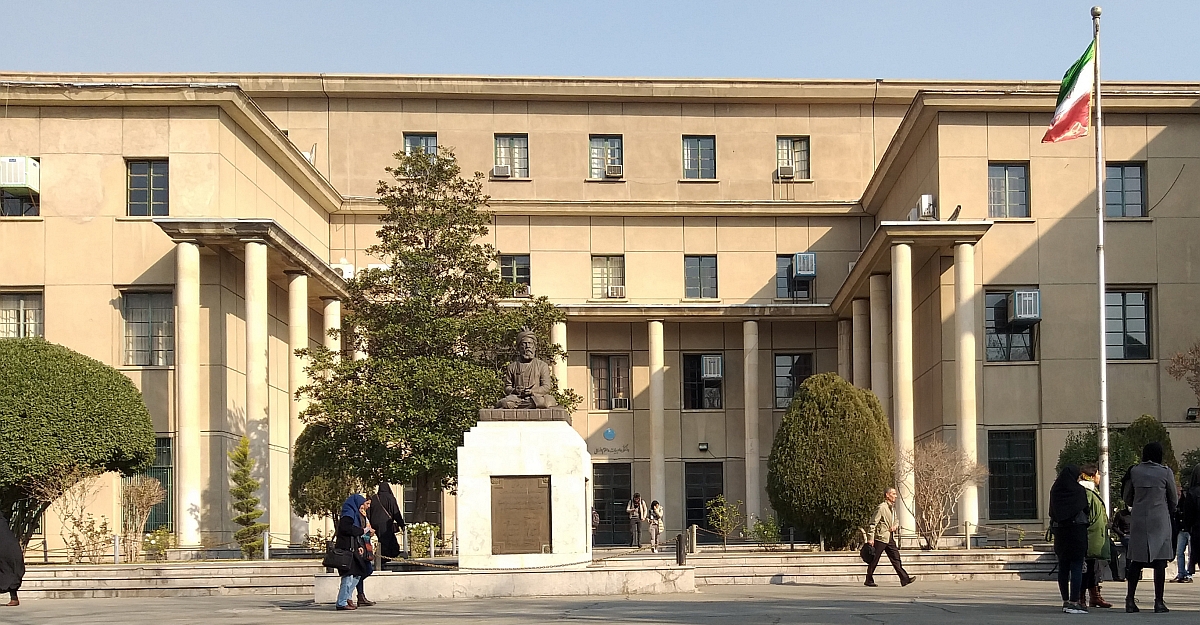Centrelink is in the news again after an automated debt recovery system with an overly simplistic data-matching algorithm effectively made up debts for some welfare recipients. This follows the gaffe in September 2016 when members of the Federal Government argued that welfare recipients who turn down paying work shouldn’t be eligible for government assistance. In a disappointing but entirely expected move, the government declined to fix the ‘debt-recovery’ system, in a continuation of their campaign to undermine welfare through continual cuts to unemployment spending.
These cuts are usually defended by the cultural construction of the ‘bludger’: a largely mythological figure who prefers a life on welfare over working and who needs to be discouraged from their idleness by the formulation of harsh laws surrounding the eligibility of Centrelink recipients, already struggling, in financial and emotional distress, far below the poverty line.
The bludger represents a special category: a person who is unemployed because they chose to be, and therefore takes advantage of the welfare state. These characters are usually denigrated for diverting welfare funds away from the ‘deserving poor’: industrious workers who are poor or unemployed despite their lack of obvious vices, an archetype depicted in the recent movie on the British welfare system I, Daniel Blake. The problem with this parallel is not only that it’s classist and doesn’t match our actual reality, but also that it helps to hide the real effects of neoliberal economic policies.
While some Australians know, or profess to know, a bludger, studies show that most job seekers are actively looking for work. And media organisations like A Current Affair are regularly caught manipulating data when representing this stereotype in their stories.
In fact, the unemployed are disproportionately targeted by welfare cuts, especially jobseekers under thirty who are forced to feel the brunt of punitive policies ostentatiously designed to motivate them into finding paying work. The language used to justify cuts usually centres around recipients’ laziness and economic non-participation: the taxed against the taxed-nots, or lifters against the leaners. But not every unemployed person is unemployed because they’re ‘lazy’, and economic non-participation doesn’t automatically imply a moral failing. For a good example of the problems with the bludger narrative, an analysis of a single story should suffice.
In 2015, A Current Affair ran a story on an unemployed single mother, Alex Girle. Alex was depicted as a bludger: unemployed and happy about it, and content to support her six children on $1,871 a fortnight in parenting and carer payments. The resentment towards her seemed to rest on her assertion that she doesn’t look for work because she makes more on welfare than she would in a minimum wage job.
But this was understandable in her context! She already struggles to support her family on welfare payments, and her parental obligations mean that she’d have to choose between spending anything she earns on childcare or on having hours flexible enough to allow her to support her kids. A Current Affair failed to represent Alex in context, and chose instead to present her as a bludger in a story that the Council of Single Mothers and their Children described as:
A confusing and contradictory segment, which on one hand seemed to acknowledge wages were too low for a family to survive on, but then implied a minimum rate of income support provided as a safety net was too generous.
Disregarding the fact that as a single mother Alex provides a significant amount of socially beneficial but financially unrewarded labour, and that our expectation she provide it without any kind of renumeration or respect is profoundly sexist, her case is good at illustrating how society identifies a bludger.
Alex is a welfare recipient accused of moral failure: refusing to find work. This ignores some obvious realities. First of all, not all jobs are appropriate for everyone in every situation, and Girle wanted to contribute, but could not. This means that she was either victim to unavoidable economic circumstances (and therefore can’t be blamed for being poor) or that the wages of the jobs that she was qualified for were too low to allow her to support her family. Disregarding inhumane objections, (welfare recipients with ‘too many’ children and not enough money should be forced to either adopt their children out, or have them die of malnutrition on the street) these are legitimate problems, which could be solved by legislation to incentivise the hiring of, or boost the pay of, working mothers, and to increase accessibility to childcare for the working poor. Another solution would be to support Girle in gaining further training or education, in tandem with providing affordable childcare, so that she could compete for higher paying roles.
In the UK and America, welfare recipients are expected to be humble, and are scorned if they are seen as enjoying any kind of fleeting happiness on welfare payments. This is despite the fact that we understand that unemployment isn’t personal, and that the shame that we expect recipients to feel compounds the already significant pressures that might be keeping them from finding work. Still, our media and politicians find new ways to demonise the unemployed, designing punitive policies aimed at correcting so-called ‘moral failings’, that have proved to be of little use in helping anyone escape the system, while British studies show that welfare cuts can actually increase the likelihood of permanent dependence. It’s clear that the concept of the bludger is benefitting someone, but it’s not the working class or unemployed. As Ha-Joon Chang writes for The Guardian:
The beauty of this worldview – for those who disproportionately benefit from the current system – is that, by reducing everything down to individuals, it draws people’s attention away from the structural causes of poverty and inequality.
By representing any individual’s unemployment as stemming from a lack of individual effort, that is bludging, we refuse to acknowledge even the possibility of structural disadvantage, and we entrench pre-existing power structures and deny their responsibility. It’s clear why the beneficiaries of these power structures desire their protection and expansion, but the shaming of the unemployed is prevalent even amongst middle and working class Australians: groups who stand to lose the most from the policies that shame supports. Welfare is an important tool for economic mobility, it prevents crime and increases worker bargaining power – social benefits the bludger archetype encourages us to overlook in support of more restrictive welfare policies. When considered side-by-side with other government agendas – undermining student loans for low-income students, union bashing, and a focus on hard-work and austerity for the lower classes, while protecting passive income for the rich – we start to recognise the ways that the idea of the bludger helps to perpetuate the policies of neoliberalism.
The IMF has said that neoliberal policies are increasing income inequality, which already costs Australians over $500 individually every year. It feels like such a simple moral judgement: people should be working to support their country, and those who don’t should try to be ashamed of it. But this expectation has a negative effect on almost everyone, excluding the profoundly rich. It must be fought against at every turn.
We need to challenge the idea of ‘bludgers versus battlers’ and to recognise ourselves as all victims of the same disease: the ideology of neoliberal capitalism, which is reducing the quality of jobs and wages in every capitalist country around the world. Blaming the unemployed for their own situation might hold some cathartic value for people, but it only serves to bolster neoliberalism and further an individualist approach to social policy that denies the possibility of economic change. There are many ways to contribute to society, and the best way to help an unemployed person do this is to pay them money at a rate that doesn’t see them sink further into poverty.
We need to learn to trust the unemployed, not shame them, and to offer support for their personal endeavours. The alternative is further entrenched neoliberalism – a future far too grim to bear.
Image: ‘Margaret Thatcher on TV, Grafton Way, London UK 1990’ / flickr






